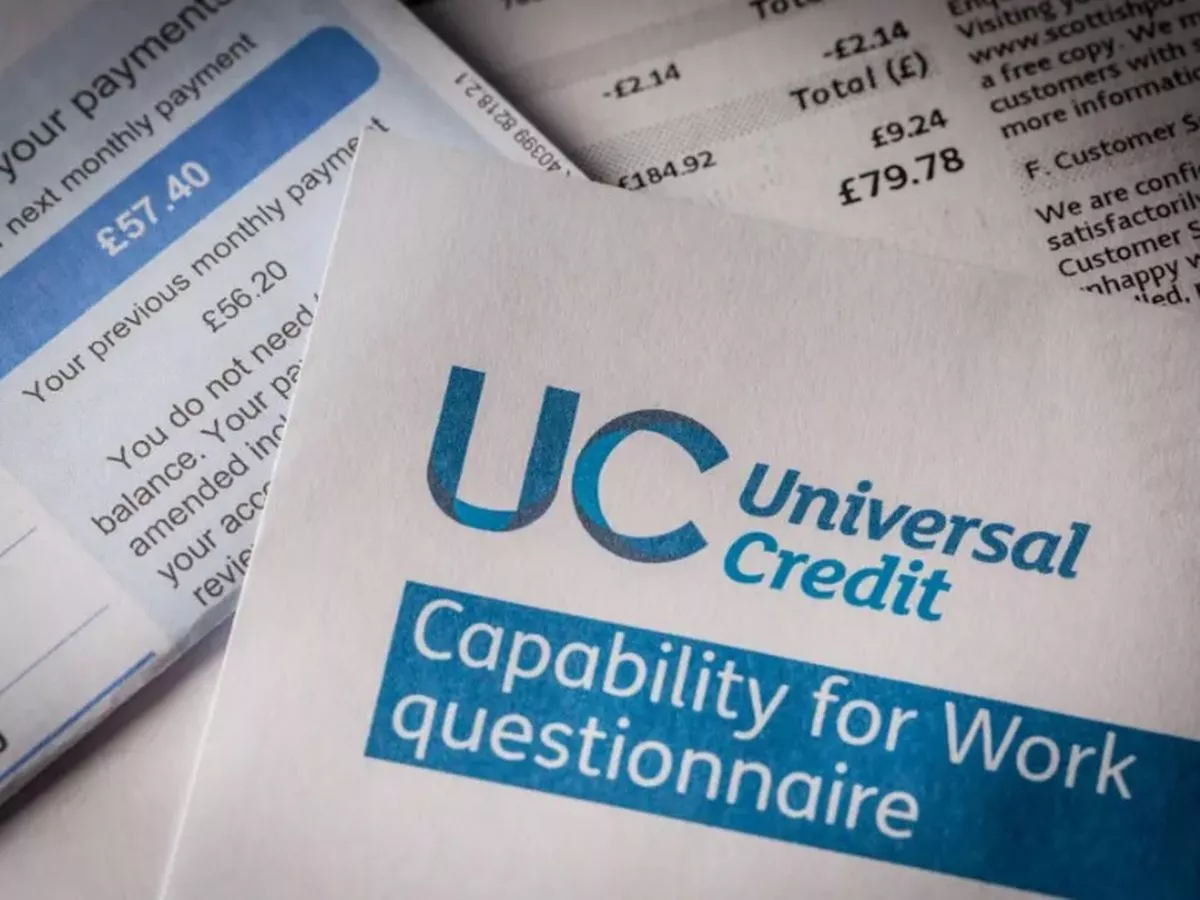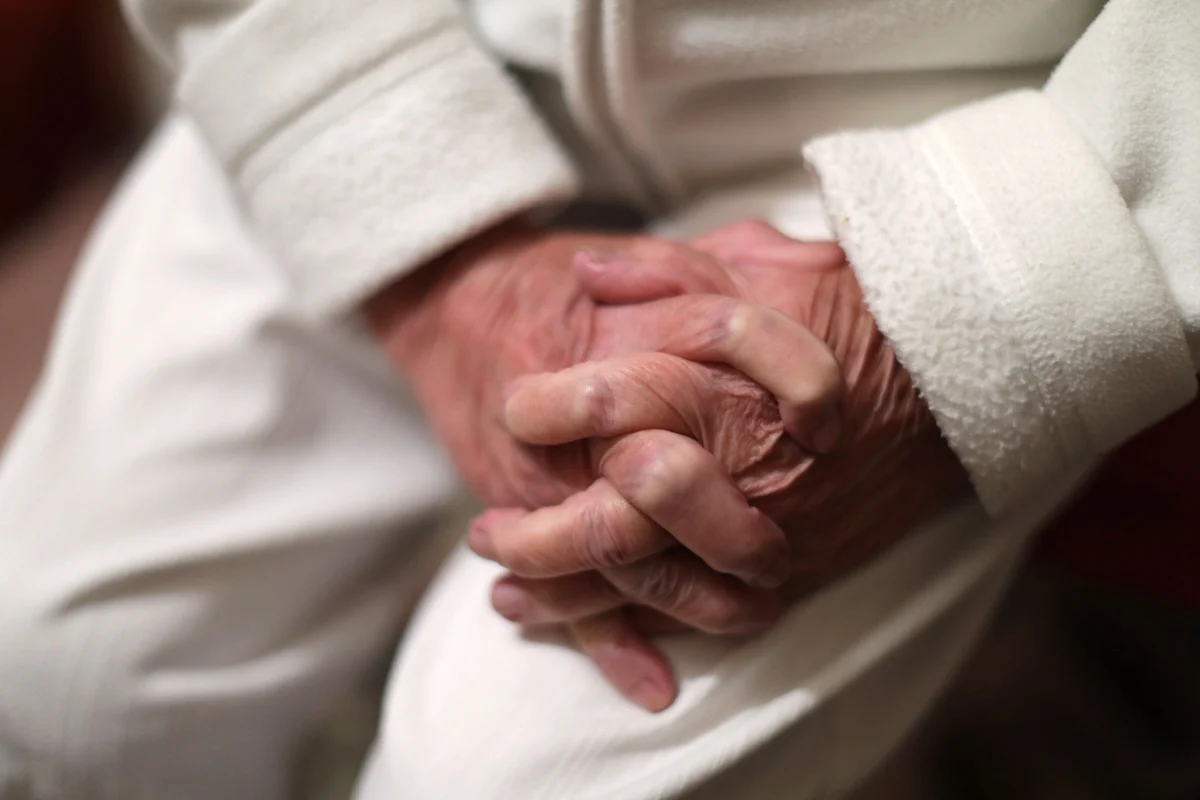The 10 best countries for expats, based on job security, housing, quality of life and more—the U.S. didn’t even make the top 20
By Celia Fernandez
Copyright cnbc

A recent InterNations Expat Insider survey ranks the best countries for expats in 2025.
InterNations surveyed 10,085 expats with a sample size of at least 50 participants per country to determine the final ranking. A total of 46 destinations across the globe were ranked based on five topical categories: working abroad, personal finance, quality of life, expat essentials, and ease of settling in.
Survey participants were asked to rate up to 53 factors on a scale of one to seven.
Kathrin Chudoba, Chief Marketing Officer at InterNations, tells CNBC Make It that the biggest takeaway from this year’s ranking is that people looking to live and work abroad are having positive experiences in Asian and Latin American countries, which have a strong showing on the list.
Spain is the only European country to land a spot in the top 10 best country for expats list.
“This confirms a trend that we have observed in the past three years or so and that’s the importance of personal finance amongst expats,” Chudoba says. “It clearly shows that expats haven’t been left untouched by the effects of economic uncertainty and high inflation.”
While the United States didn’t make the top 10, it did rank at No. 36 on the list, falling one spot from No. 35 last year.
Chudoba says the U.S. scored lower ratings across all the indices covered in the survey.
“In the eyes of our respondents, the U.S. suffers from a lack of affordability, availability and equal access, and also the health care quality was perceived as slightly substandard,” she says.
“In the political stability and personal freedom categories, the U.S. received the worst ratings in years with only 58% of expats in the U.S. saying they feel they can openly express themselves and their opinions. That’s worse than the global average of 63%.”



